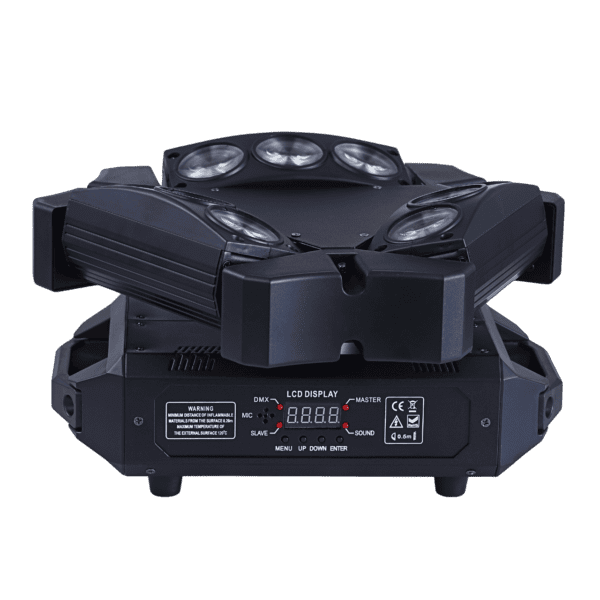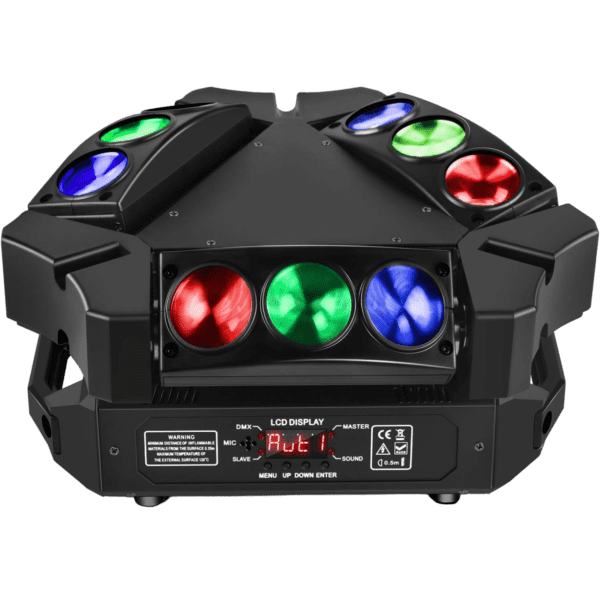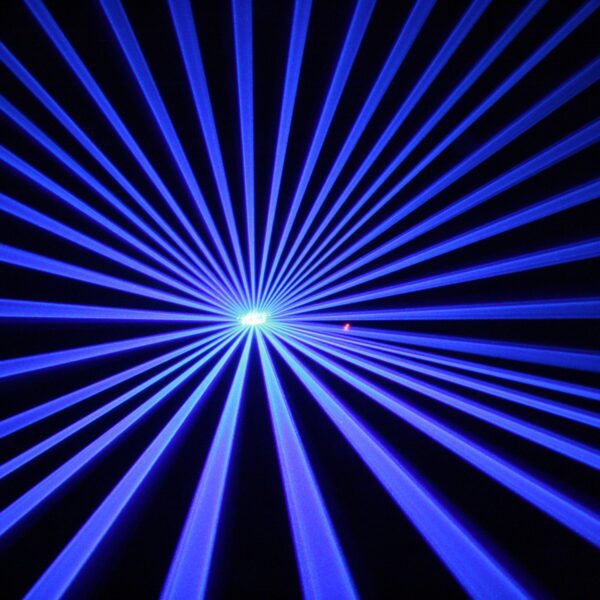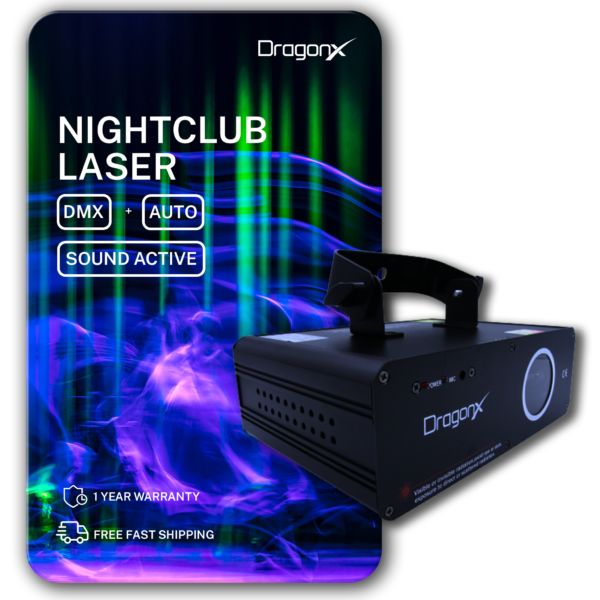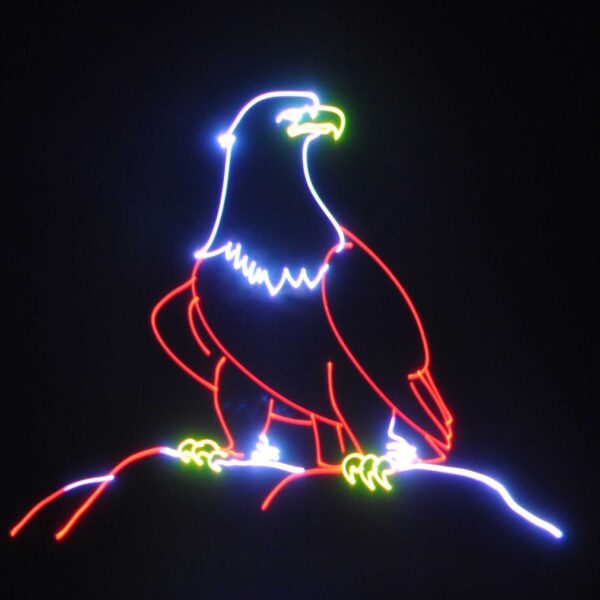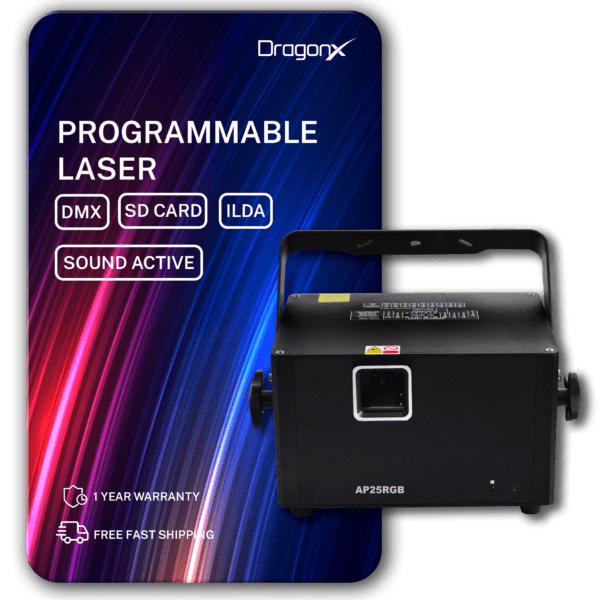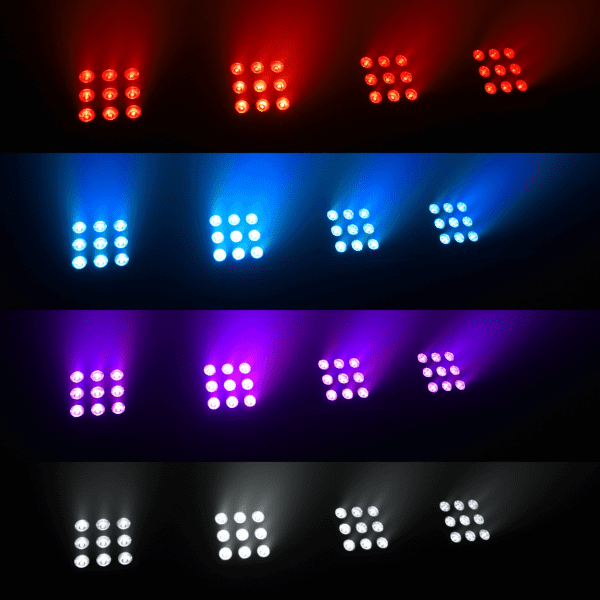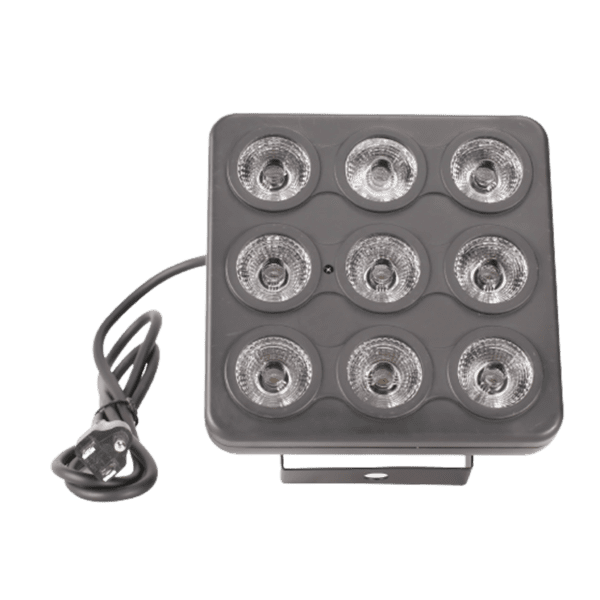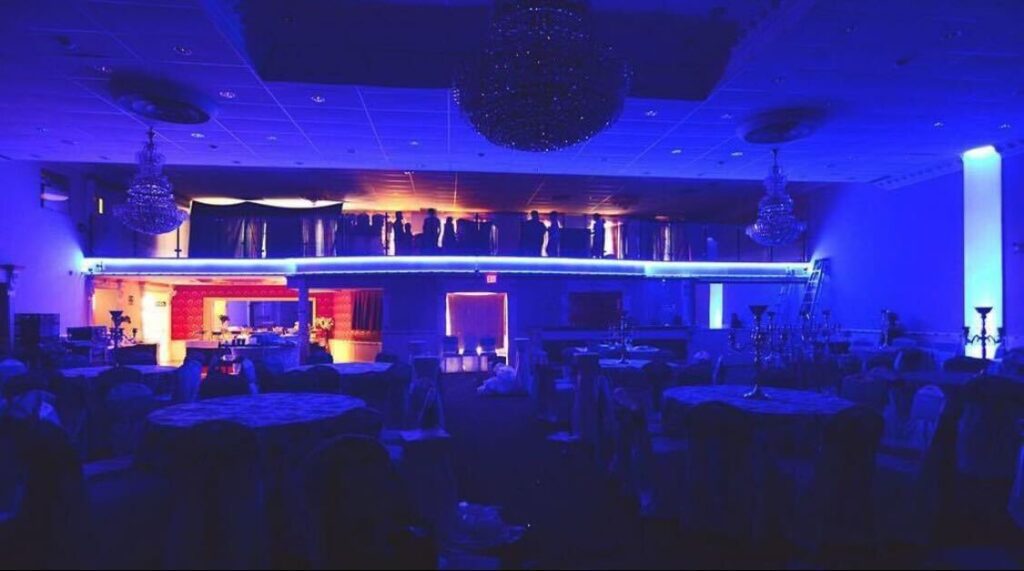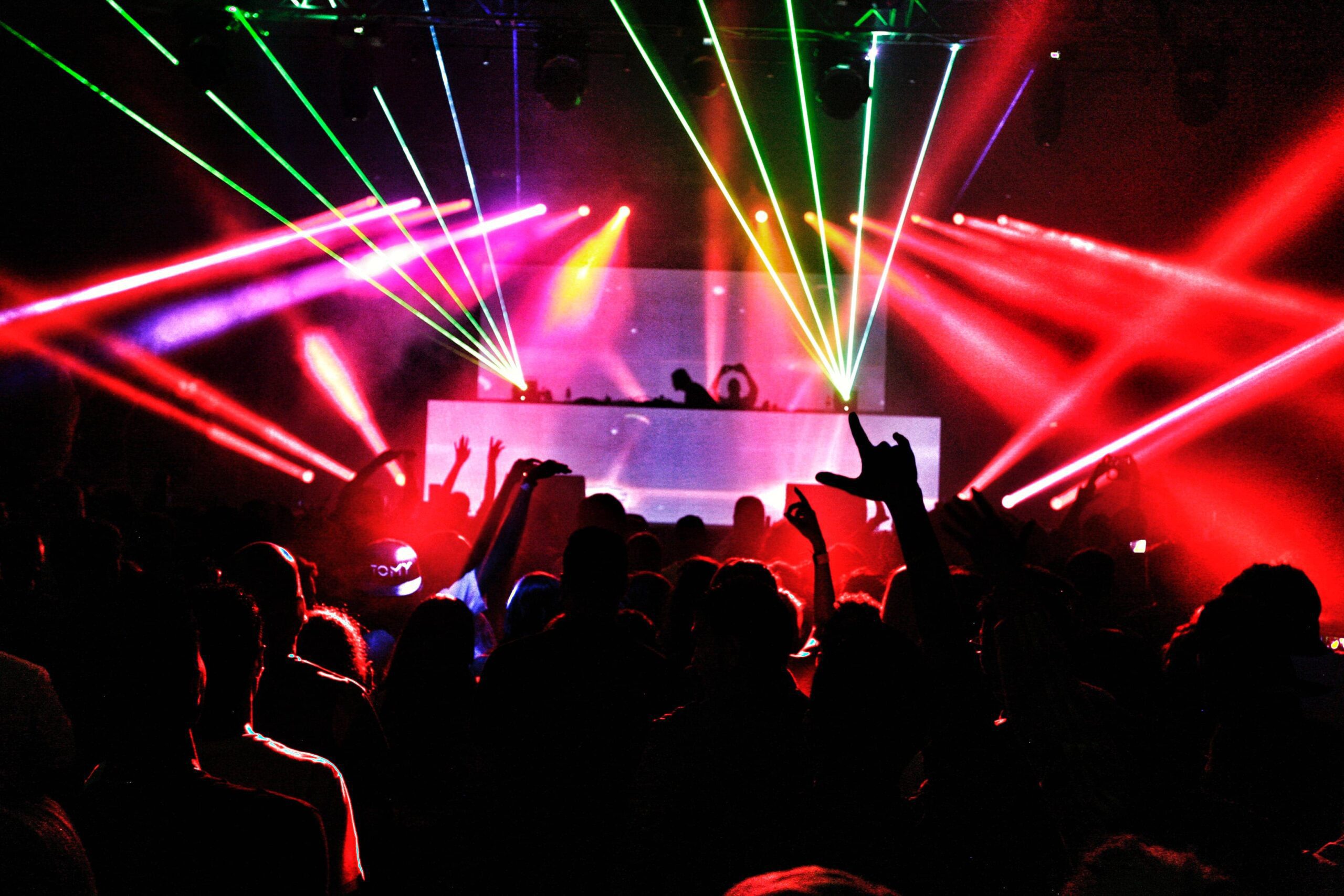Most people don’t know, and you might also be amazed to know that LASER is an acronym. It stands for Light Amplification by Stimulated Emission of Radiation. In simple words, a laser is amplified light. The stimulated emission phenomenon was first introduced by Albert Einstein back in 1917. However, the term was devised by Gordon Gould in 1959. The light that the laser produces is unique in its properties that can’t be obtained from any other source.
A laser basically is a device that stimulates molecules or atoms that emit a particular wavelength of light by amplifying it. It’s typically in the form of a very narrow radiation beam.
Laser Safety Classes
In order to make it simple, this article will discuss the revised laser safety classification system. It’s specified in the international standard IEC 60825-1. The system that is widely used in the US is ANSI Z136.1, which is also very similar. These systems explain the four main categories of the laser, which are as followed:
Class 1
Class 1 of the laser is safe for human eyes even for a long time. There are no special warnings or caution while dealing with this class.
- Power: Class 1 emits a beam lesser than 0.30 milliwatts
Class 1M
Class 1M is also safe for unaided eye exposures, but it’s not recommended to view the laser of this class directly with an optical instrument.
Power: Less than AEL (Accessible Emission Limit)
Class 2
Class 2 is a low power laser, and it can harm human eyesight if exposed for more than 0.25 seconds. That’s why it’s recommended not to look directly at it.
- Power: It emits the visible beams of 1 milliwatt
Class 2M
This laser class emits visible radiations of 400-700nm, and it also does not harm the human eye if the exposure is no more than 0.25 seconds.
- Power: Its power is below one milliwatt
Class 3R
Class 3R of laser is potentially hazardous. However, accidental or unintentional exposure has a very low risk of injury. But it’s strongly recommended avoiding direct exposure.
- Power: It falls between 1 to 4.99 milliwatts
Class 3B
This class is known as medium power, and it can damage eyesight as it’s very hazardous. That’s why it’s recommended to avoid direct or even reflected exposure.
- Power: It falls between 5 to 499.9 milliwatts
Class 4
This is the most powerful laser safety class, and it can damage eyes and even skin by direct and reflected exposure.
- Power: 500 milliwatts or more
Use of Laser Safety Classes
Class 1
The class 1 lasers are mostly used in the industrial marketing systems, which are reduced from classes 3 and 4 by safety enclosing. It is known as an embedded laser, and you don’t need any precautionary measures while operating such products.
Example(s) of Class 1 Products
- CD Rom players
- Laser cleaning machine
- Laser printers
Class 1M
Class 1M is also known as class magnified, and as stated, it’s also safe for naked eyes. What makes Class 1 and Class 1M different is the magnification of the beam in 1M. It becomes hazardous if you view it with some sort of optical instrument such as binoculars.
Example(s) of Class 1M Products
- Laser Diodes
- Fiber Communication Systems
- Laser Speed Meters
Class 2
As stated, this laser class can be hazardous if you view it with the naked eye for more than 0.25 seconds. Thankfully, our natural blink reflex prevents it unless you want to fight your instincts. The Class 2 lasers are also visible, although it’s not intended to be viewed.
Examples of Class 2 Products
- Supermarket point of sale scanners
- Laser Pointers
- Aiming Devices
Class 2M
The protection criteria of Class 2M is just the same as for Class 2 as your natural blink reflex prevents accidental exposure longer than 0.25 seconds. But as it’s magnified, the Class 2M can easily damage your eyes before 0.25 seconds if viewed with an optical instrument.
Examples of Class 2M Products
- Alignment Lasers
- Barcode Scanners
Class 3R
The class 3R poses a higher risk, but if they are managed carefully, they are safe. The brief eye exposure doesn’t harm, and the time it takes to harm depending upon its wavelength. The short exposure to this laser class is still harmless. However, the products that use Class 3R laser must have labels with warnings.
Examples of Class 3R Products
- Laser pointers
Class 3B
Lasers of this class must be avoided, whether they are directly or indirectly, such as reflections. It can burn skin and damage your eyesight. The only safe case with Class 3B is when it’s a diffused reflection.
Examples of Class 3B Products
- Laser Light Show Projectors
- Industrial Lasers
- Research Lasers
Class 4
Class 4 is the most hazardous and dangerous category of laser, and you must proceed with extreme caution while dealing with any product with Class 4 Laser. The output that this type of laser generates can even ignite materials. They are used for laser cleaning, laser welding, laser marking, and even laser cutting. Keep in mind that even its diffused reflections can be very hazardous that you can even permanently lose sight even with a single glance.
Examples of Class 4 Products
- Laser Light Show Projectors
- Industrial Lasers
- Research Lasers
- Lasers for LASIK Eye Surgery
References
https://www.lasersafetyfacts.com/laserclasses.html
https://www.rli.com/resources/articles/classification.aspx
https://www.laserax.com/blog/laser-safety-laser-classes-explained
https://fens.sabanciuniv.edu/en/laser-classes-and-hazards
https://ehs.oregonstate.edu/laser/training/laser-types-and-classification
https://www.laserpointersafety.com/laserclasses.html#:~:text=There%20are%20four%20main%20classes,as%20the%20laser’s%20power%20increases.
https://www.fda.gov/regulatory-information/search-fda-guidance-documents/laser-products-conformance-iec-60825-1-ed-3-and-iec-60601-2-22-ed-31-laser-notice-no-56
https://ehs.virginia.edu/Laser-Safety-Classification.html


